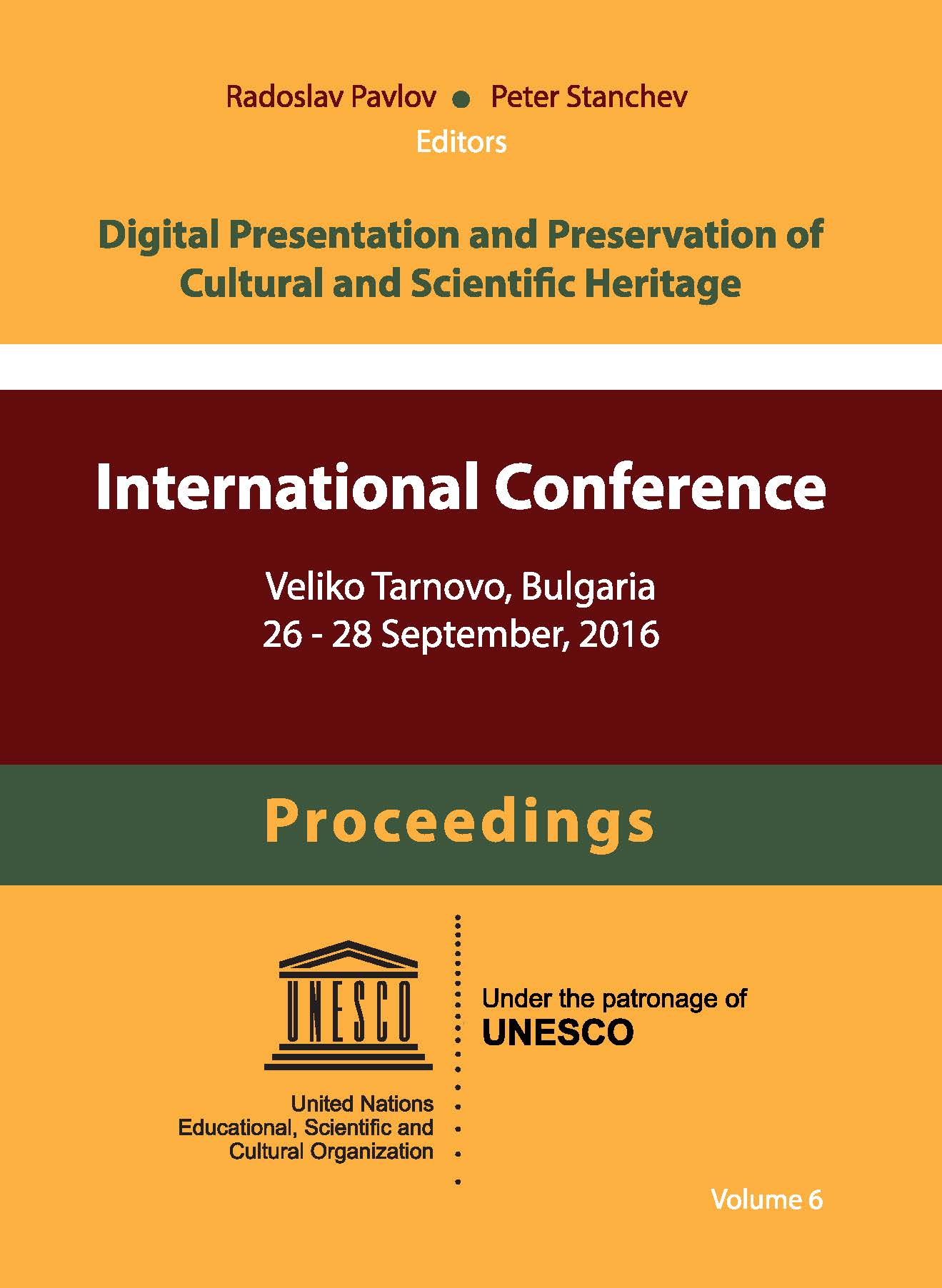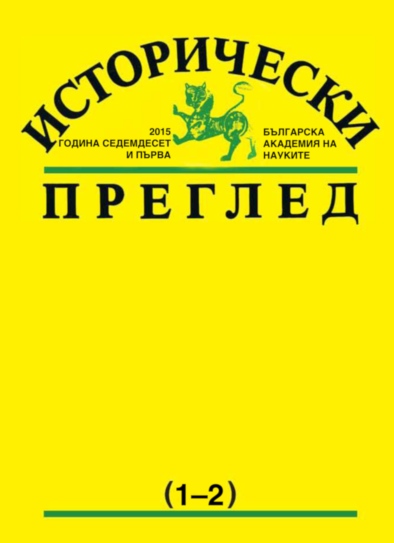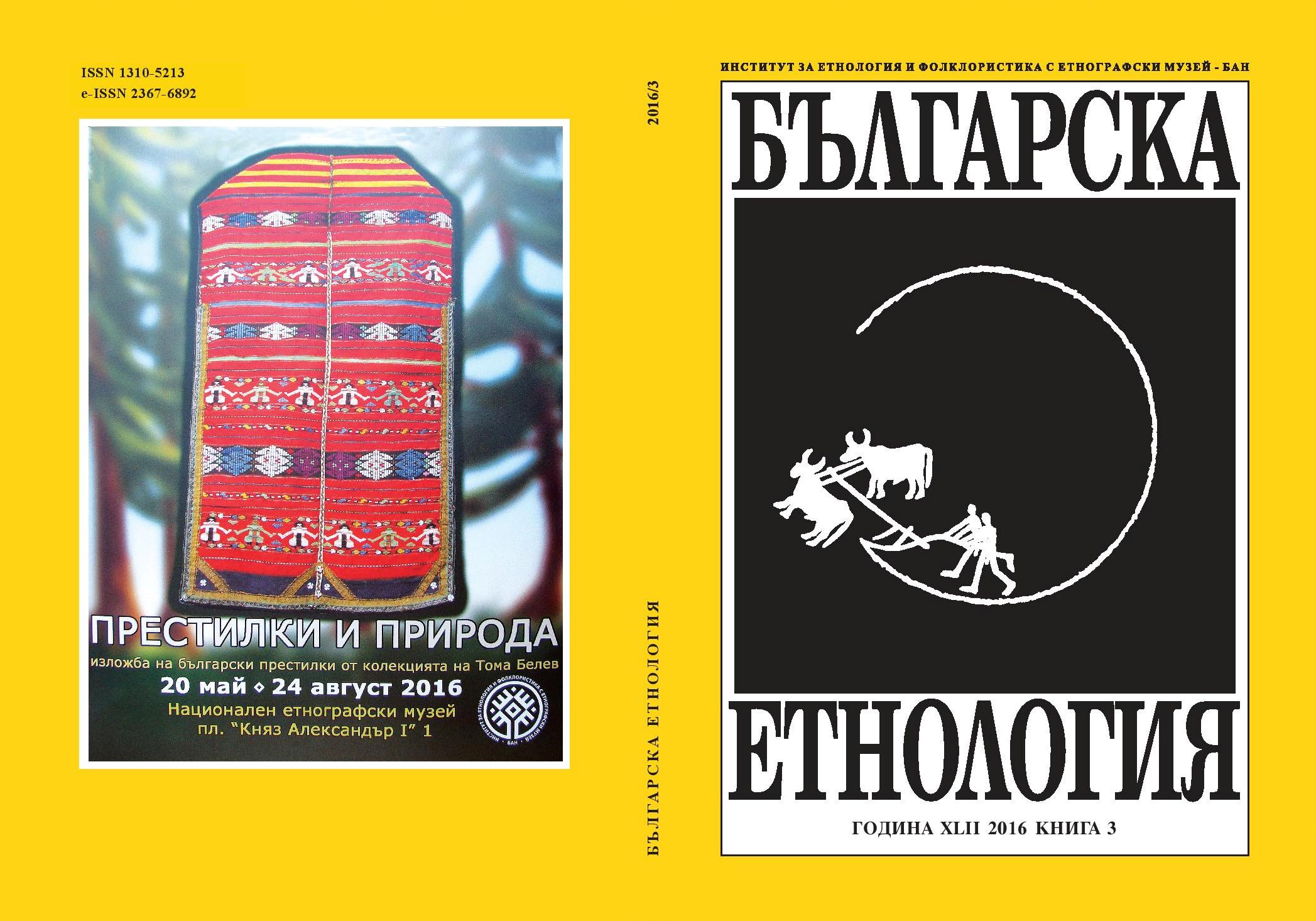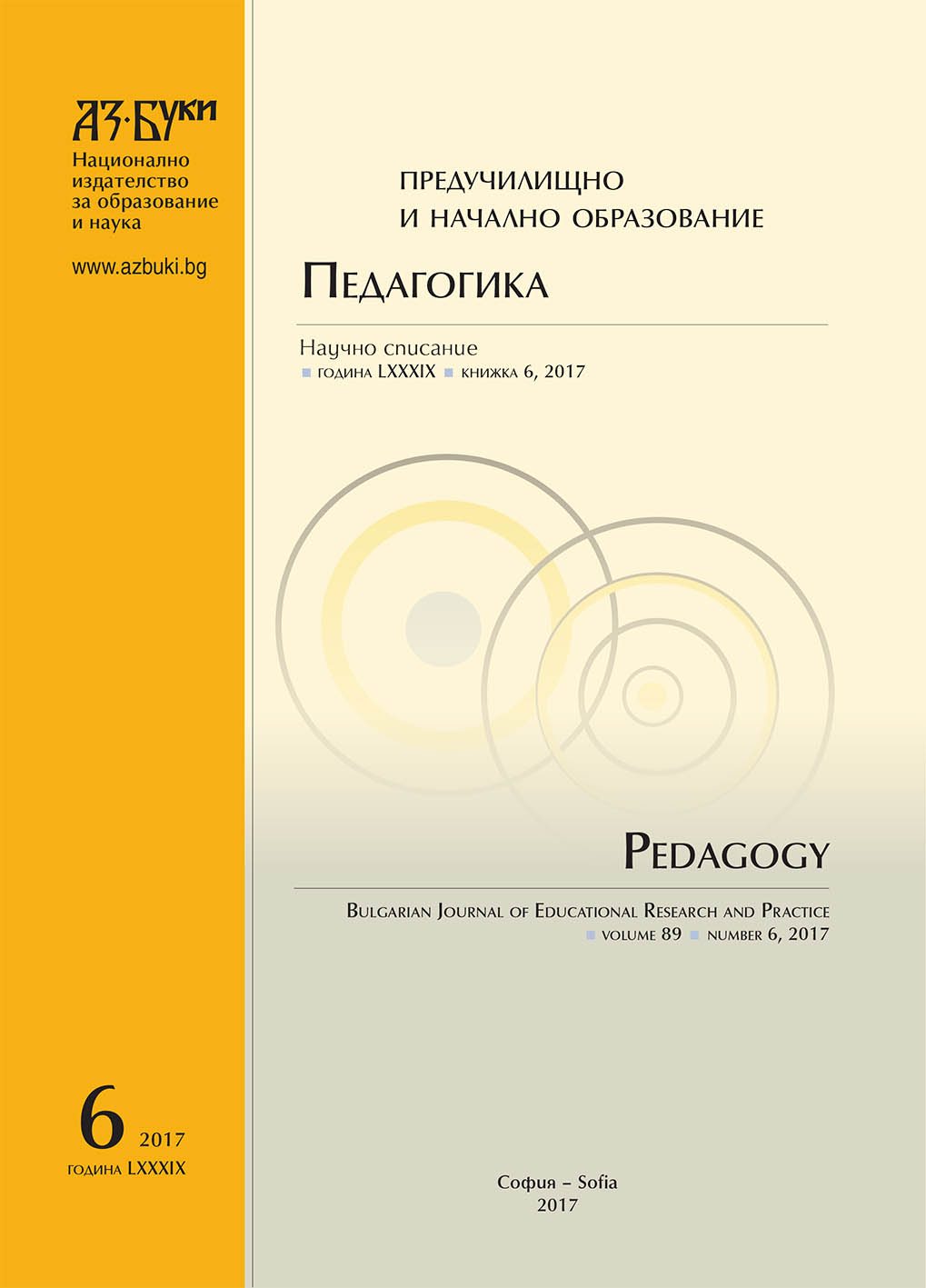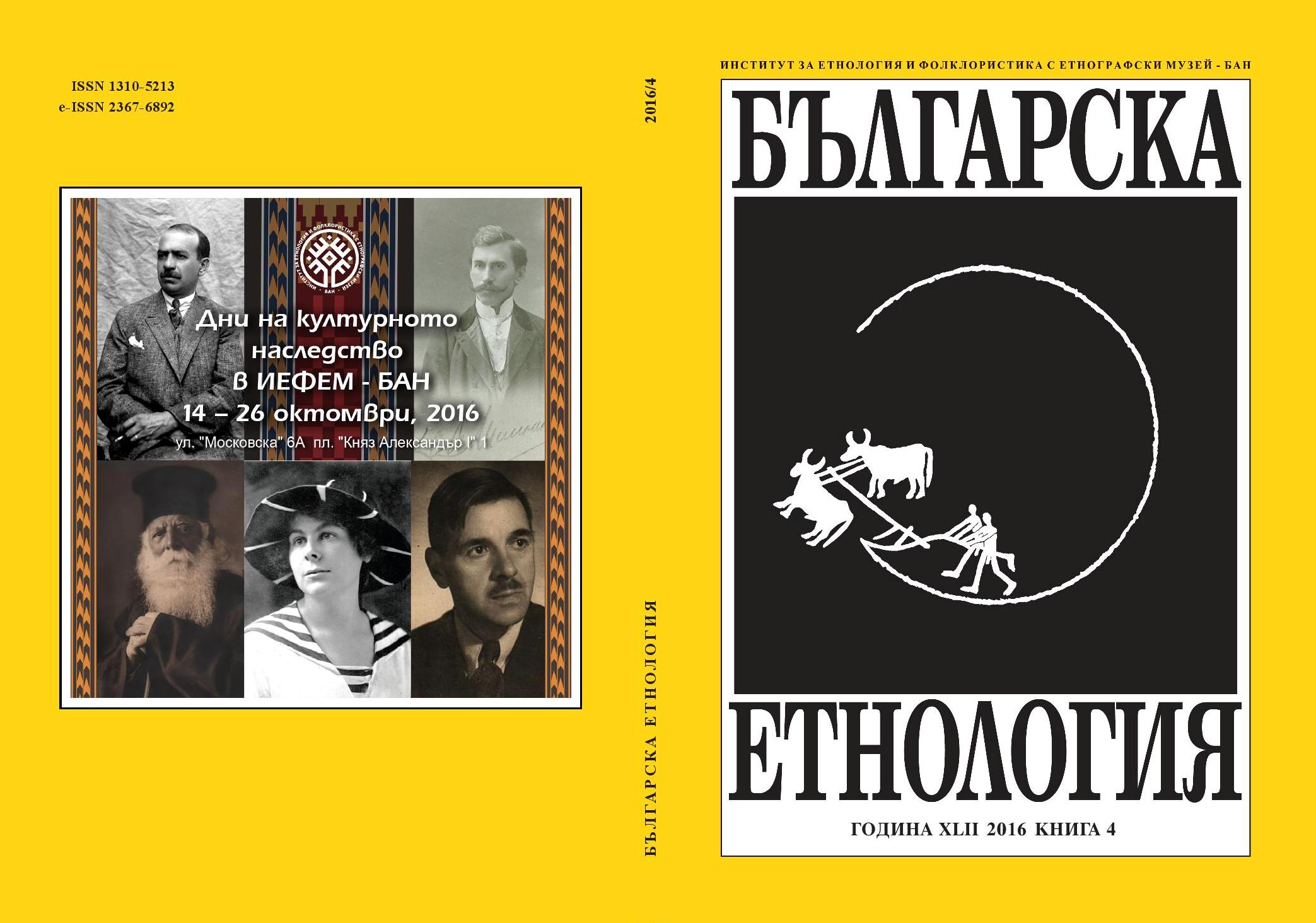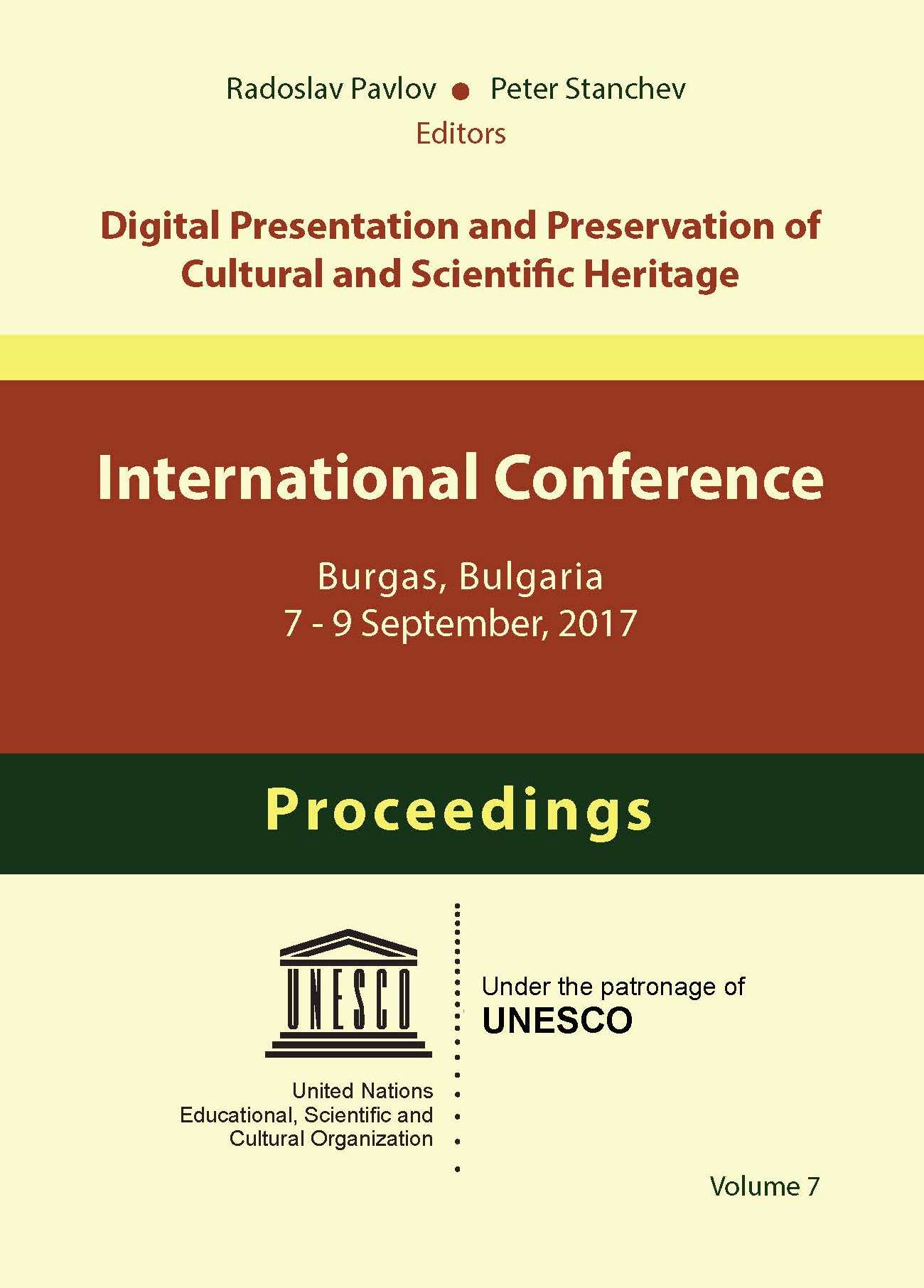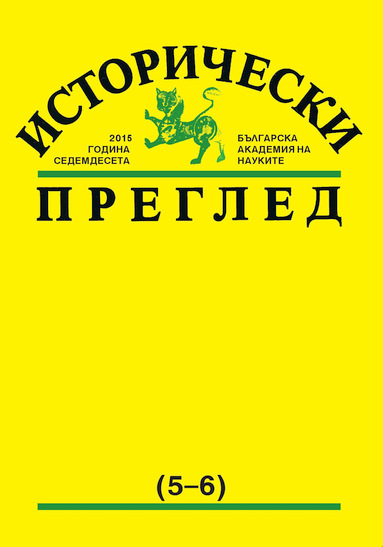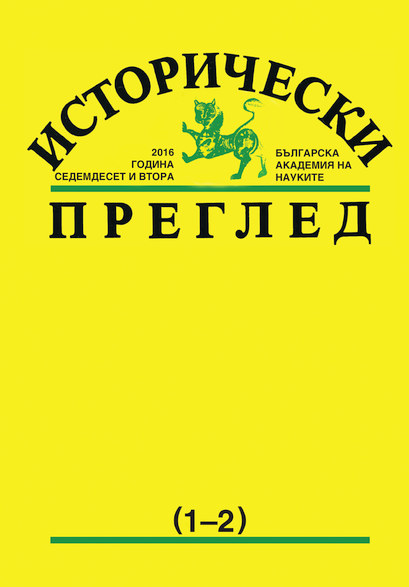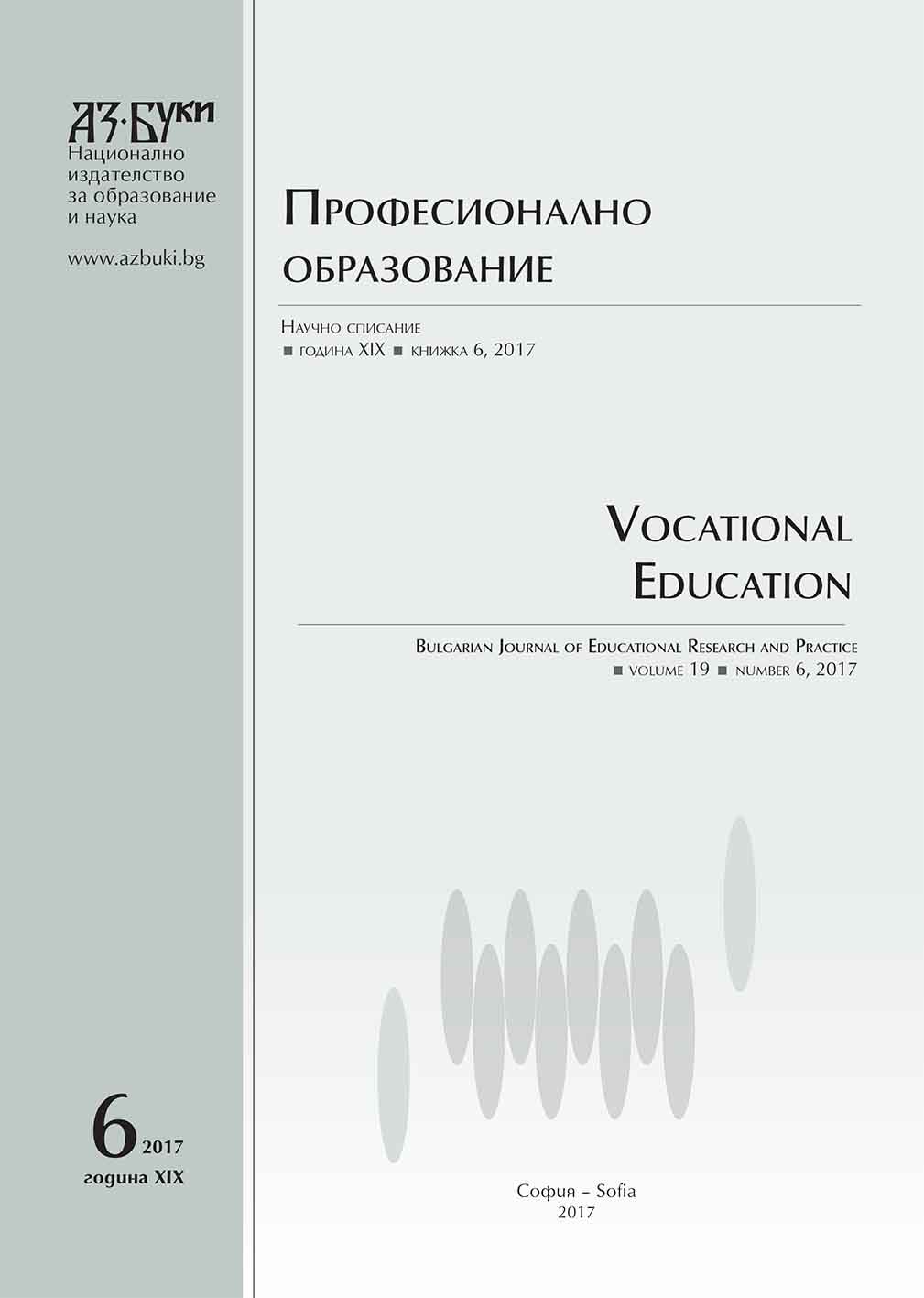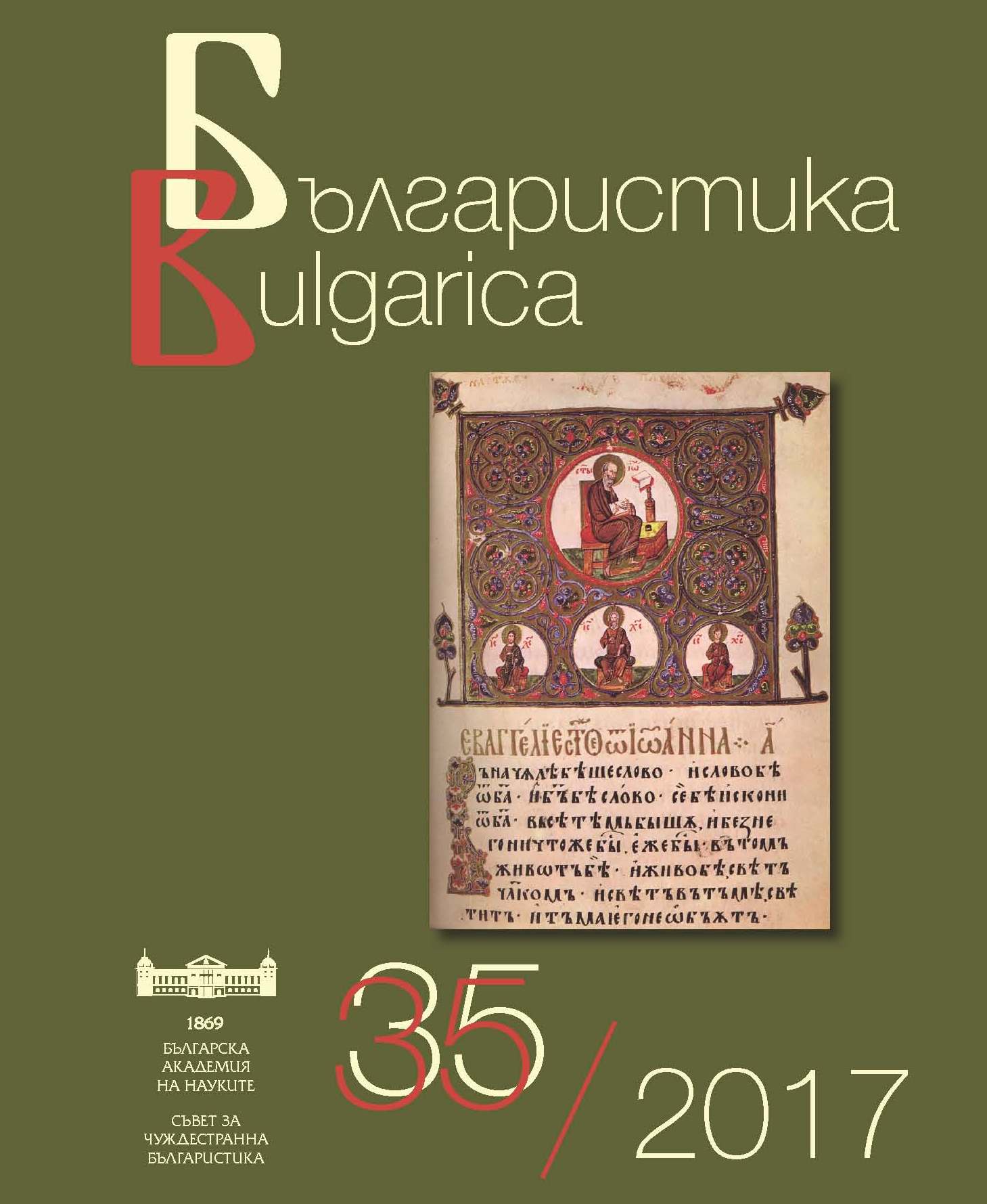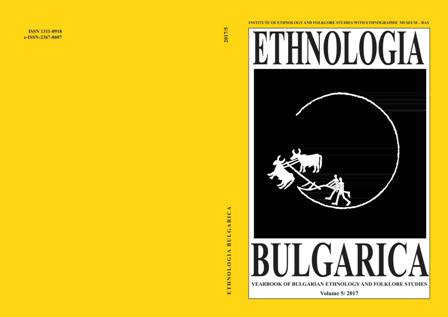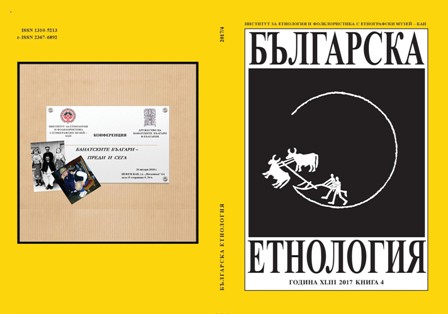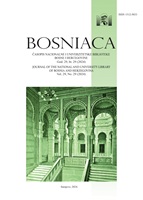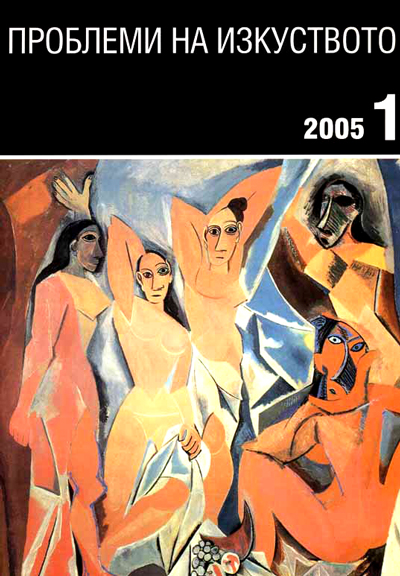
Ръкописи и описи, или опит да се опише днешната българска кодикология
The article offers an overview of problems in contemporary Bulgarian codicology, having a bearing on the methodological approach to the description of medieval Slavonic manuscript documents. The author makes a general survey of the history and state of this discipline (or science) in Bulgaria, pointing out some of the more important trends in its development and citing selected examples, which illustrate as yet unsolved questions regarding the structure of the description and the formal presentation (formalization) of its elements. Also, the need is commented of bringing about changes in the traditional attitudes and (or) arriving at a new consensus between the specialists, paleographers and codicologists, on a wide international scale, these being essential preconditions for the creation of the modern electronic catalogues and publications of the old literary heritage, intended for universal use.
More...
